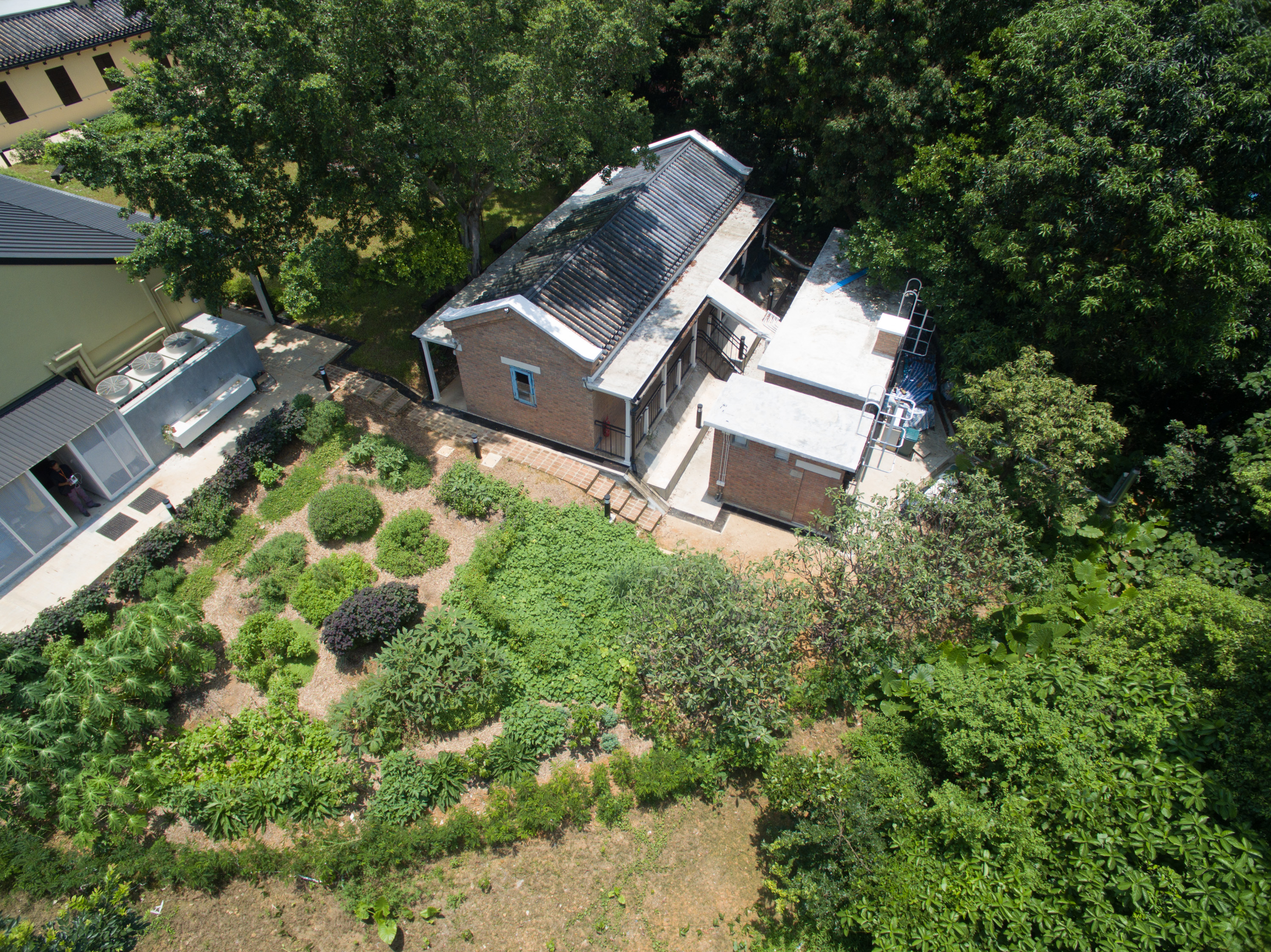Steps for Eating Well
In our Eat Well Canteen and Eat Well Cookery Courses we strive to minimize the carbon footprint of all meals we serve, and maximize the educational, social and environmental benefits of all food we consume. This may take a bit more effort but the rewards – for ourselves, our families and our common future – are too big to pass up. Here are the steps that we have taken to become mindful, low carbon eaters:
Move away from meat
The Green Hub and the Eat Well Canteen are NO-meat zones. The meat industry is a big climate polluter – from the production of crops used to make animal feed, to the methane-producing livestock; it is also a very water-intensive industry that contributes to chemical pollution and inappropriate land use changes. Generally, the carbon footprint of a plant-based diet is ten times lower than that of a meat-based diet.
Local sourcing
We source our ingredients locally as much as possible, to keep the food mileage low.
Eat seasonally

We use what’s in season, which means that ingredients have not travelled far to get to your plate. The off-season food found in grocery stores is the product of an unsustainable food system – this food is dependent on fossil fuels for growing, long-distance transport, processing and storage.
Preserving our harvest
Canning, fermentation and dehydrating are different ways we use to preserve the harvest.
Grow some food
The Kitchen Garden at the Green Hub, next to the Eat Well Canteen, supplies all the herbs and some of the vegetables we consume – they travel just a few metres from the farm field to your plate.
Make our own
We make our own seasoning, pesto, jam, sauce, salad dressing… the list goes on and on. These taste fresher, free of artificial additives, low food mileage, and consume the least packaging materials.
Cook Lightly
We minimize the energy used for cooking by preparing the ingredients well and using the most appropriate tools.
Minimize waste
We manage our food stocks carefully and cook creatively to minimize food waste. While you are enjoying the food at our canteen, please only order what you think you can finish, to help reduce food waste. Food waste is processed into compost at the Green Hub and we use the compost to nourish our Kitchen Garden.
Fair Trade
All of our ingredients are sourced with care to assure that they come from community-friendly, eco-friendly and sustainable sources.
Everybody can cook
The Green Hub community is eager to share our stories, recipes and low-carbon living tips with you. We believe learning how to cook with low-carbon ingredients empowers one to live healthier and more sustainably.
If we all try to eat mindfully, each one of us can really make a big difference.
For a broader view of sustainable eating, by KFBG's great friend and teacher Satish Kumar, please following this link:
1 “The Future of Food: Eat Like It Matters” by Dr Satish Kumar on 9 Nov 2011



